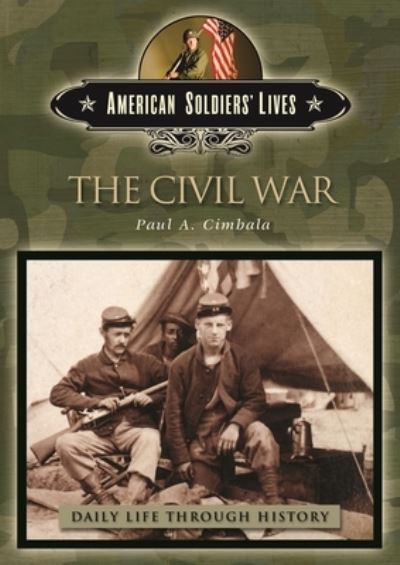
From the initial enlistment and recruitment of men for the opposing armies, through their demobilization during the spring, summer, and fall of 1865, Paul A. Cimbala always places the solider at the center of the story. This book shows how the men who signed up with the Union and the Confederacy fought their way through the bloody U.S. fields, how they adjusted to peace (often badly wounded and scarred), and how they remembered their experiences. How did they cope with wounds and disease in the 1860s? What was the role of black soldiers on both the Union and Confederate sides? In wartime politics, why and how did soldiers continue to participate in the electoral process and what did they think about their politicians?
Relying on his primary research on such topics as invalid soldiers and postwar experiences, Cimbala presents a vivid picture of the Civil War soldier's life. Highlights include: Motivations for men to enlist, and why blacks and other ethnic groups joined up; the mental and physical consequences to soldier survivors; drug and alcohol addiction in the Civil War; women's contributions on both sides of the war; daily life in the camp, letter writing crazes to newspapers, camp followers and sex; prisoners' and guards' lives; the Freedmen's Bureau; veterans, including black veterans; and organizations, including the Ku Klux Klan.
The book also includes a timeline to put dates and events in better perspective; a comprehensive, topically arranged bibliography of primary and secondary sources; and a comprehensive index.
| ISBN: | 9780313331824 |
| Publication date: | 30th April 2008 |
| Author: | Paul A Cimbala |
| Publisher: | Greenwood Press an imprint of ABC-CLIO |
| Format: | Hardback |
| Pagination: | 264 pages |
| Series: | The Greenwood Press "Daily Life Through History" Series. American Soldiers' Lives |
| Genres: |
History and Archaeology Civil wars Military institutions |